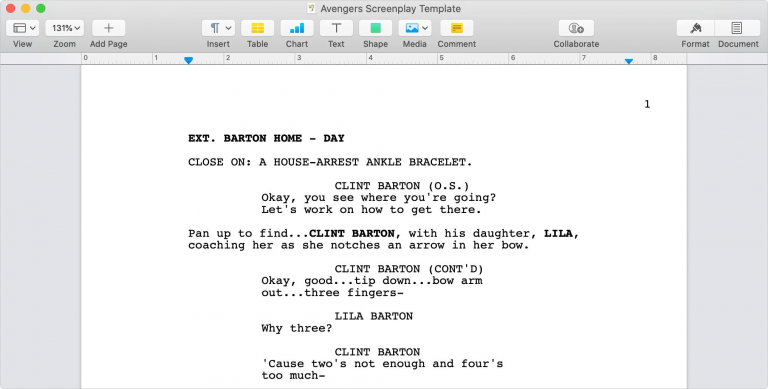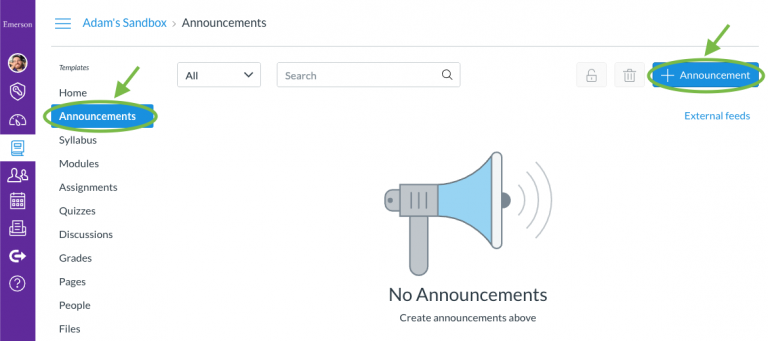Text-to-speech accommodations: what are they, and why do they matter?

Faculty are busy all year long with teaching courses, designing new courses, preparing for the next semester, grading, working in their respective fields, researching, and so much more. That’s why we completely understand that an email notifying you of the need for accommodations in your upcoming course can throw you for a loop. But what is the true meaning behind the need for accommodations? What are they exactly, and why do they matter? There are many types of accommodations, but in this post we will focus on text-to-speech accommodations specifically. We hope this blog post can illuminate our process a bit, and shed some light on why working towards fulfilling text-to-speech accommodations is a win for all in the name of educational equity.
What is Emerson’s process for providing text-to-speech accommodations?
First, Student Accessibility Services works with students to verify and approve their accommodations. Once the relevant students and their courses are identified for each semester, ITG notifies faculty of the need for accommodations. We provide assistance with evaluating and remediating course readings and other materials, which we then return back to faculty for them to place the new readings into their Canvas course. The Iwasaki Library is our first stop, to see if they can find and buy accessible versions of books and readings.
A video overview of the process and an FAQ section with more details is available in our text-to-speech accommodations guide.
Why does it matter if we do or don’t provide these accommodations? What is the impact of this work?
Legally speaking, Emerson College is covered by Title III of the Americans with Disabilities Act and Section 504 of the Rehabilitation Act. Both laws prohibit discrimination against people with disabilities and require equal access and full participation; in other words, all programs must be accessible to students with disabilities and if they are not, timely accommodations need to be made. Check out the ADA National Network’s factsheet on postsecondary institutions for more information.
While we like to remind folks that there is a legal requirement to fulfill accommodations, we cannot ignore that there are compelling ethical reasons to undertake this work as well. No student, either here at Emerson or anywhere else, should have to struggle to learn just because of a disability they have. Whether someone has a physical condition such as blindness, or a neurodevelopmental condition such as ADHD, they are just as entitled to a high-quality education as someone who doesn’t have such disabilities. And, not only can we dream of this ideal for all students regardless of ability, we can make it a reality, even if the process seems daunting at first. ITG, Student Accessibility Services, and the library are here to help you with text-to-speech accommodations (and for other kinds of accommodations, SAS and other offices are always ready to assist with those, too!).
Plus, digital accessibility has the power to benefit all students, not just those with disabilities. When we remediate course texts for text-to-speech accommodations, we digitize the text through a process known as Optical Character Recognition (OCR). Not only does OCR make it so that course files are compatible with students’ text-to-speech software, it also makes the file searchable and highlightable. Being able to search texts for a certain word or phrase can make key excerpts easier to find and review. Being able to highlight text from course readings means that students can copy and paste from the text, so if they need to pull a quote to cite from the reading (e.g., for a paper they’re writing), they can do that so much more seamlessly once the text has been remediated to allow for that.
Our call to action
The next time you receive an email from ITG about accommodations, please connect with us so we can get started on formulating a plan to evaluate and remediate your course readings! Thank you to those of you who have already worked with us in the past on a text-to-speech accommodation. We really do appreciate your cooperation and assistance, and the scores of students we help each semester do, too.



